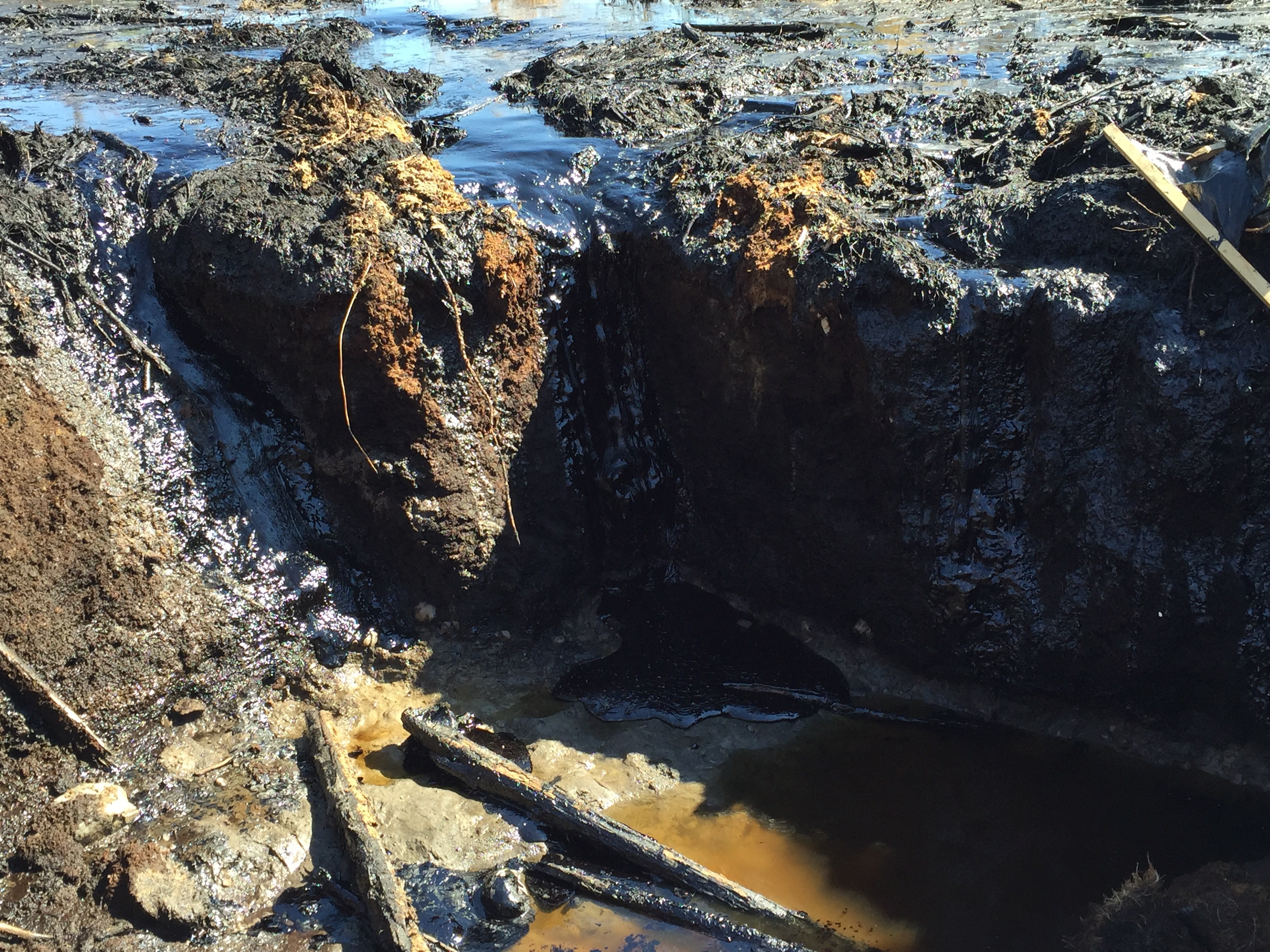When they do happen, oil spills can be nasty, and the company responsible will likely enter emergency panic mode as it responds to contain and clean up the oil.
There is a ‘long game’ and a ‘short game’ in response to an oil spill. Of course, the oil needs to be contained and cleaned up as soon as possible (that is the panic mode and the 'short game'). But each and every data point collected from beginning to end is going toward the 'long game' of achieving closure for the company and the area affected. The long game should, actually, be top-of-mind from the very beginning. Data, from the start, needs to be properly collected and analyzed for the right signals to facilitate the process of closure.
What is closure?
Closure means having the right data collected, and the right amount of data, to demonstrate to regulators and public stakeholders that the oil spill has been properly and thoroughly cleaned up. If you’ve read my previous blogs, this fits nicely with the definition of the term “forensics,” our primary focus at Chemistry Matters. There is no magic data or perfect studies required to reach closure. It is driven by the personnel responding to the spill, the company responsible for the spill, and, to an extent, the external stakeholders involved in the spill.
But how do you know what data to collect? This is where I argue that it’s smart to have a trusted chemist on speed dial. The key is knowing what all the data means and how it’ll eventually be used.
A Unique Perspective
A chemist has the following unique perspectives for dealing with an oil spill:
- An understanding of all the chemicals involved in a spill and how they behave in the environment.
- Understand the science involved in the measurement of contaminants in environmental samples, both to look at QAQC issues and to identify issues with how samples are collected, which could cause problematic and erroneous data.
- As the central science, chemists not only see the importance of proper data quality and sampling, but also can relate what the measurements of the samples collected can be used for. One example is how high-quality data can be used for risk assessment purposes.
- Understand the toxicity of the chemicals involved in the crude oil to know what’s important to collect - especially from a risk perspective, but also from a stakeholder perspective - to ensure that anticipated stakeholder concerns are covered during all phases of the spill response, from beginning to end.
- Chemists know the relative physical-chemical properties of the chemicals released into the environment, allowing chemists to quickly determine how long chemicals exist in the different environmental media, and how they behave relative to each other.
An oil spill response requires a strategy based on solid scientific principles.
A chemist can help with those decisions from day one to ensure you are on the right track. Additionally, the amount of data collected is reduced because targeted and more meaningful information is gathered, rather than collecting everything imaginable in the hope to automatically cover the anticipated end points, or outcomes, of the project. A deliberate sampling strategy will save money in the long term, resulting in less superfluous samples that require too much time to explain and provide negligible scientific value.


-1.png?width=859&name=Sample%20%231%20(2)-1.png)
.jpg?width=859&name=Archery%20photo%20(3).jpg)